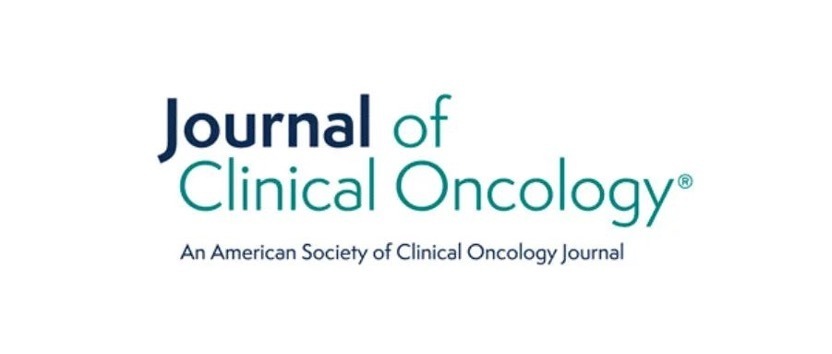You Are Leaving Avistone's Website
You have selected a link that will take you to a site maintained by a third party. Avistone provides this link as a service to website visitors. Avistone is not responsible for the privacy policy of any third party websites. We encourage you to read the privacy policy of every website you visit. Click 'Cancel' to return to Avistone's site or 'Continue' to proceed.
The KUNPENG Study of Vebreltinib's Phase II Results were Published in JCO
On July 27, 2024, the KUNPENG study, a multicenter, multi-cohort, open-label Phase II clinical study of Vebreltinib for patients with MET-abnormal advanced non-small cell lung cancer (NSCLC), led by Professor Yilong Wu’s team of Guangdong Provincial People's Hospital, was published in the internationally renowned journal Journal of Clinical Oncology (JCO, with an impact factor of IF = 42.1 in 2024). In this study, Vebreltinib has shown promising efficacy and a favorable safety profile inpatients with METex14-mutant NSCLC.

01 Remarkable Efficacy Results and Significant Survival Benefits:
The Cohort 1 of the study targeted patients aged ≥18 years with ECOG performance status (ECOS PS) of 0 or 1, having stage IIIB/IV of advanced NSCLC harboring METex14 mutations (METex14). The enrolled patients received Vebreltinib (200mg, BID) until disease progression. The primary endpoint was the objective response rate (ORR) assessed by a blinded independent review committee (BIRC).
As of August 9, 2022, a total of 113 patients were enrolled in the study, among which 52 patients in Cohort 1 were those with advanced NSCLC with METex14 skipping mutations. The overall ORR evaluated by BIRC reached 75.0%. The median progression-free survival (mPFS) was 14.1 months, and the median overall survival (mOS) was 20.7 months. The disease control rate (DCR) was 96.2%, and the median duration of response (mDoR) was 15.9 months with the median time to response (mTTR) of 1.0 month. The safety profile of Vebreltinib was acceptable and generally manageable, and the most common adverse reactions were graded of 1-2.
02 Excellent Subgroup Analysis Results Brought Benefits to Patients:
The subgroup analysis of the study showed that for patients with brain metastases, the objective response rate (ORR) and disease control rate (DCR) were both 100%, and the median duration of response (mDOR) was 5.6 months, with the 12-month progression-free survival (PFS) rate of 20%, the median PFS (mPFS) of 6.4 months, and the median overall survival (mOS) of 17.9 months. The subgroup analysis for NSCLC patients with METex14 skipping and MET amplification mutations, the ORR and DCR were also 100%, the mDOR was 13.5 months, the 12-month PFS rate was 57.1%, the mPFS was 14.4 months, and the mOS data had not been reached yet. Also, for patients with liver metastases, the ORR was 66.7%, the DCR was 100%, the mDOR was 9.2 months, the 12-month PFS rate was 25.0%, the mPFS was 8.2 months, and the mOS was 14.5 months. What’s more, for elderly patients (≥75 years old), the ORR was 85.7%, the DCR was 95.2%, the mDOR was 19.1 months, the 12-month PFS rate was 68.4%, the mPFS was 18.2 months, and the mOS data had not been reached yet.
Vebreltinib demonstrates meaningful clinical benefits across high-risk subgroups—including those with brain metastases, liver metastases, MET amplification, or advanced age (≥75 years) —effectively addressing unmet needs in current clinical treatment paradigms and expanding therapeutic options for NSCLC patients harboring METex14 mutations.
03 Empowering Patients in Their Health:
The KUNPENG study offers evidence of Vebreltinib’s efficacy and safety for patients with locally advanced or metastatic METex14-positive NSCLC, highlighting its capacity to induce robust and durable responses alongside a favorable safety profile. Currently, the clinical research of Vebreltinib has comprehensively laid out in the field of MET abnormalities in NSCLC. With the continuous progress of future research, it is expected to bring more clinical benefits to patients.
Reference:
[1] Jin-Ji Yang et al. J Clin Oncol. 2024 Jul 26:JCO2302363.









